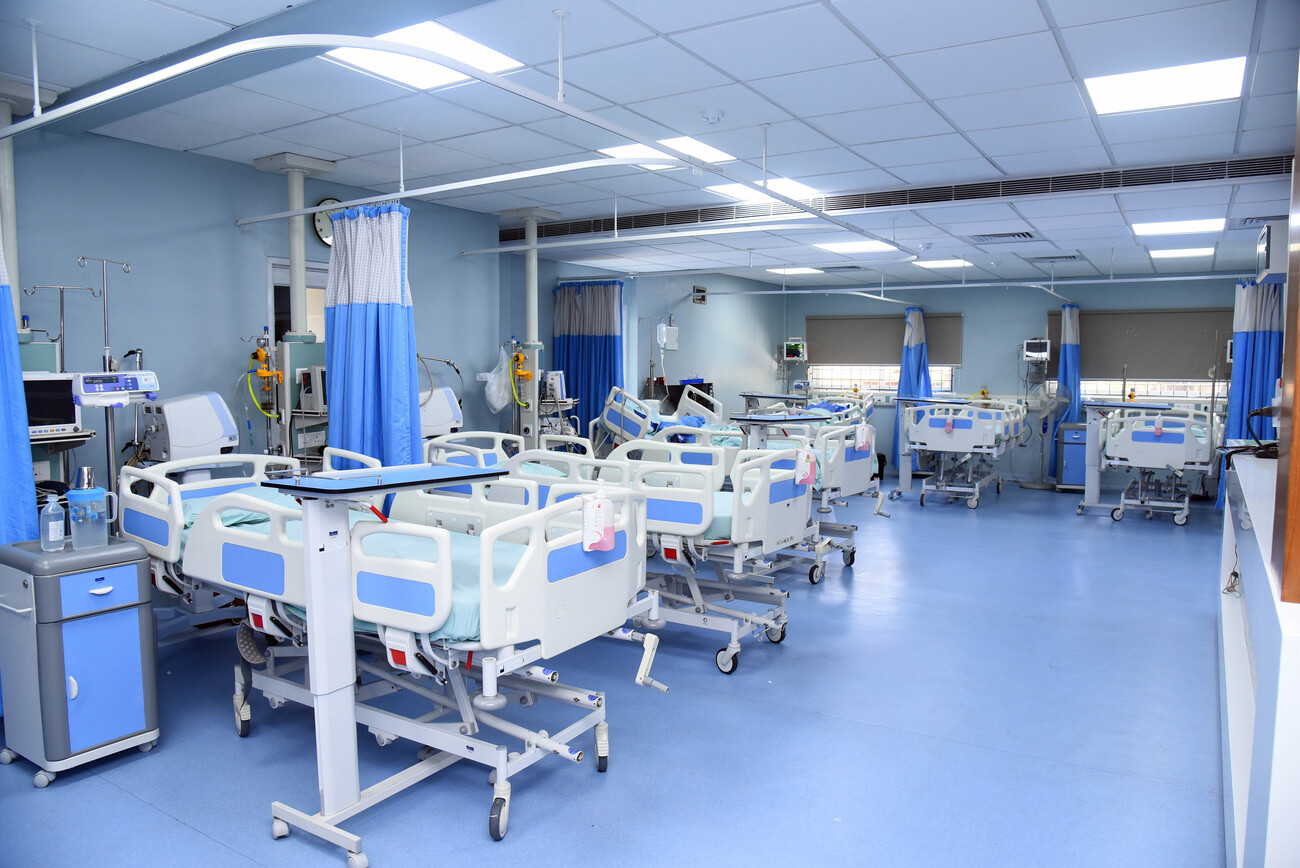There are many myths about end-of-life experiences. Some believe the dying become unresponsive, already halfway into the other world. Others say the dying experience a burst of energy, order their favorite food, and then, just as everyone prepares for their homecoming, they pass away. Death is inevitable and can be sudden or prolonged, especially in cases of terminal illnesses, where grief thrives.
A Flicker of Hope
Friends and family often spend long days in cold hospital wards caring for patients who have no appetite and are too weak to sit up in bed. Then, one day, hope ignites as the patient becomes lively, sits up in bed, and engages in hearty conversations. They speak of their plans, ask for their favorite meals, and walk around the room and hospital corridors, greeting everyone. Families begin to prepare for their homecoming, but later that night, a call comes in— the patient has passed on.
The Surge Phenomenon
Doctors call this the surge phenomenon, where the dying become more active shortly before passing. This usually happens days, hours, or even minutes before death. Salat Abdi, a clinical officer with Kitengela Medical Services, describes the surge as an unexpected period where a patient exudes energy and zest for life before losing their life. Scientifically, it refers to terminal lucidity before death, where the patient’s brain activity spikes, particularly high-level cognitive functions such as perception, memory, and consciousness.
Personal Stories of the Surge
Jacob Nyongesa recalls his grandfather, Paul Okumu, 94, who experienced the surge phenomenon irregularly before his death. For three months, Okumu was alternately well and sickly, leaving the family in a state of limbo and anguish. Nyongesa recounts his grandfather’s struggle with health issues and his moments of lucidity, where he engaged in hearty conversations and asked for his favorite meals. Eventually, Okumu passed away peacefully with his family by his side.
Similarly, five years ago, Archie Achieno’s mother, who had been battling cancer, experienced a surge in energy one day. She was vibrant, fed well, and was excited to see her loved ones. However, the surge did not last, and she relapsed into unconsciousness, passing away shortly after. A 2023 report by the American National Library of Medicine found that 84 percent of people who experience the surge phenomenon usually die within a week, with 43 percent dying within 24 hours.
Psychological and Emotional Aspects
Audrey Oluyole, a Nairobi-based counseling psychologist, explains that patients experiencing the surge phenomenon may feel confused and disoriented. They might feel they are getting better, do energetic things, and have visions of family or friends who have died. Families should actively communicate during this period to avoid false hopes and seek emotional and spiritual support to cope with the emotional grief.
Medical and Family Perspectives
Ms. Achieno reflects on the lack of communication from medical personnel during her mother’s treatment, which left the family uninformed about the surge phenomenon. Mr. Abdi explains that doctors monitor critically ill patients experiencing a surge without changing their medication and try to keep explanations to families clear and devoid of false promises. Rarely do doctors explain the surge phenomenon to families, but when they do, they aim to be concise and clear.
Survival After the Surge
If a critically ill patient survives the surge, it is a cause for celebration for both the family and doctors—a miracle. However, it does not mean immediate discharge; specialized doctors monitor the patient’s progress before making discharge decisions.





